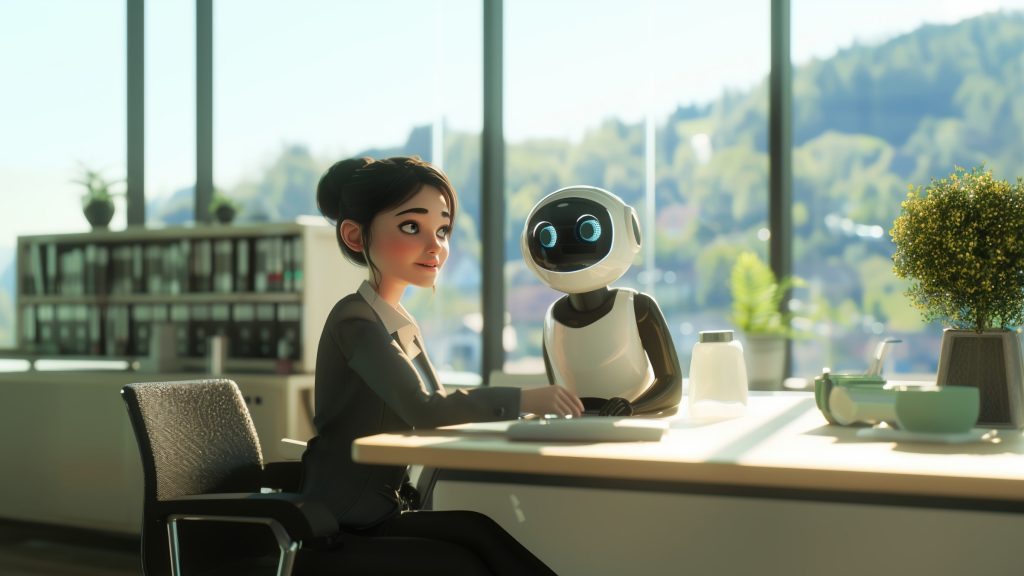
In 2025, startups worldwide began giving human names and titles to generative AI (GenAI) to make it appear as a co-worker. Although this, in itself, means building trust while highlighting problems with AI in the workplace.
As companies use AI software designed to function as virtual workers, the job itself is quickly transforming. While AI can help improve productivity and assist in security monitoring, the introduction of AI coworkers also raises questions about the true impact of automation.
It is necessary to understand the benefits and cons of AI in the workplace as technology becomes an inseparable aspect of daily business.
Pros and Cons of AI In the Workplace
AI in the workplace is already here and is being given human-like names and characters to seem like part of the team. Startups are doing this purposely to build trust and make AI less intimidating to human employees.
But this exposure highlights deeper problems with AI in the workplace. In today’s tough job market, companies want to reduce spending and reduce risks when hiring. Most startups, especially those developed in accelerators like Y Combinator, now sell AI as “employees” or “assistants.”
If we are to take Atlog, as an example, the company just launched an “AI employee for furniture stores” that does everything from promotion to payment processing. In their opinion, one manager can now run 20 stores at the same time, which means that fewer human managers are needed.
What happens to those jobs goes unstated, but it is an obvious example of workplace AI issues when it comes to job displacement, and it is not limited to businesses only, as AI consumers’ applications also use friendly-sounding names to appear more approachable.
Claude, Anthropic’s AI, has a friendly and trustworthy sound to it. The company’s approach to its AI model is taken from fintech apps, like Dave and Charlie, that attempt to make safer money management tools by making it sound like friends.
Would you trust AI for workplace safety or your personal data to Claude?
Yet the line between tool and teammate is blurring, and this brings up privacy problems with AI in the workplace.
Anthropic CEO Dario Amodei recently estimated that AI could automate half of entry-level office jobs within five years, increasing unemployment.
“Most [of these workers are] unaware that this is about to happen,” Amodei told Axios. “It sounds crazy, and people just don’t believe it.” It’s clear that the AI workplace is no longer a future concept, AI in the workplace is already here and increasing fast.
How companies perceive AI matters, as opposed to past technologies that were labeled as tools or software. Nowadays, AI is introduced as a colleague, and while that might help sales, in reality, it still carries dehumanizing risks for real workers and hides the genuine effects of automation.
At the end of the day, what should have been technology that benefits people, helping managers to achieve better and workers to be more creative, because greater AI use in the workplace has to enhance human capabilities, not replace them.
Inside Telecom provides you with an extensive list of content covering all aspects of the tech industry. Keep an eye on our Tech sections to stay informed and up-to-date with our daily articles.